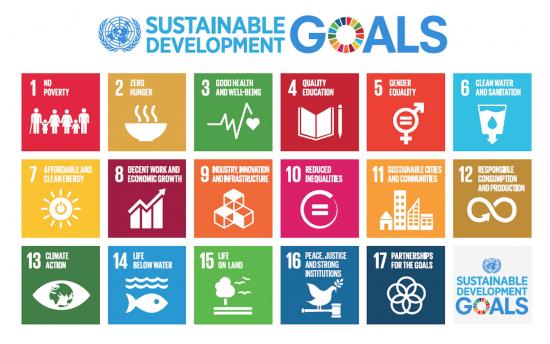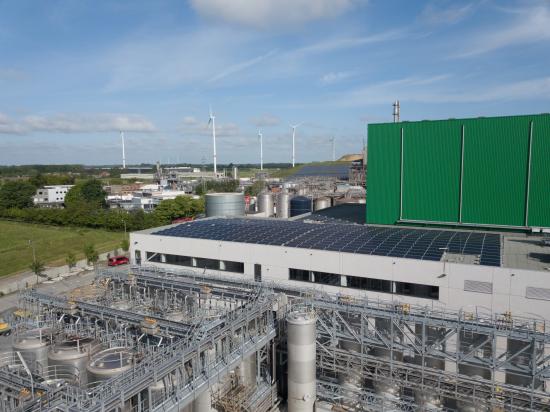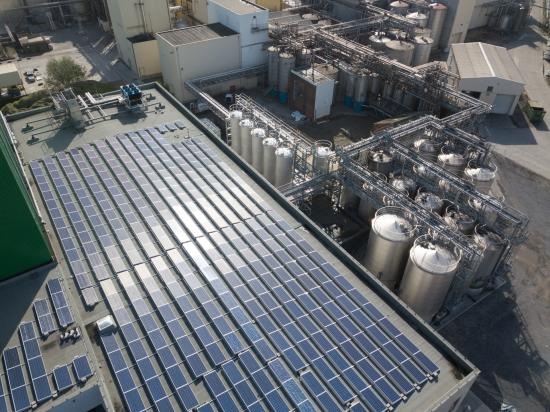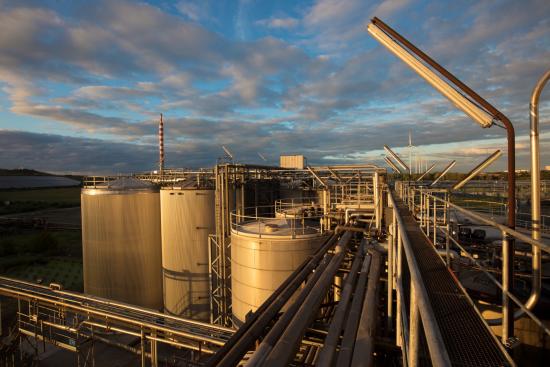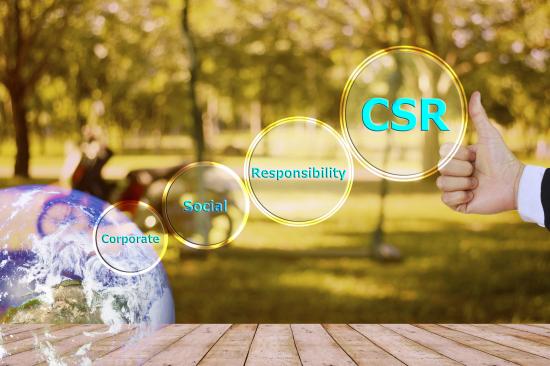The Basic Concept
Sustainable development is commonly linked to the 17 Sustainable Development Goals (SDGs) as defined by the United Nations.
In 2015, the SDGs have been unanimously adopted by the 193 UN member states at the Sustainable Development Summit.
Fuji Oil Holdings Inc. has linked these SDGs to 6 themes including Sustainable Procurement and Environment. For more details please visit the Fuji Oil Holdings website.
Sustainable procurement
To fulfill our responsibilities and commitments, the procurement of high-quality and safe raw materials in a sustainable manner is of vital importance.
We promote environmentally, socially and economically sustainable procurement as we continue to develop our business together with society in a responsible manner.
Our focus is on renewable and sustainable palm (kernel) oil, shea and cocoa.
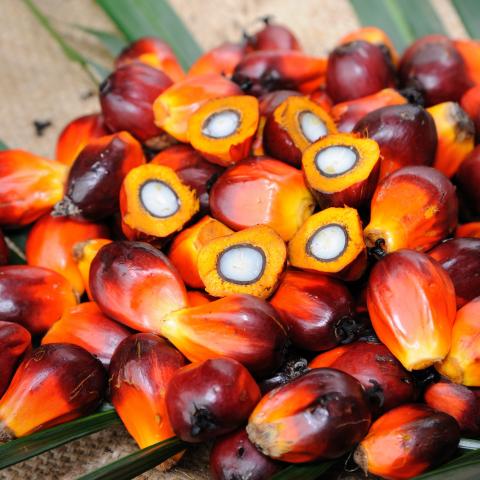
Palm (kernel) Oil
Palm (kernel) oil is generally used in a wide range of applications from food to non- food. Palm (kernel) oil has the highest oil yield per acre among the vegetable oils. As the scale of the market continues to expand, there are concerns about the environmental impact and human rights.
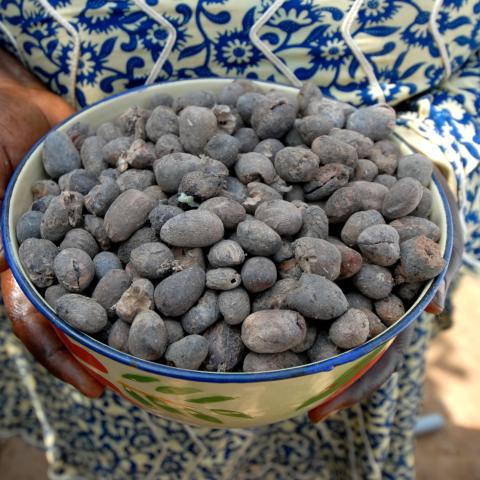
Shea Butter & Stearin
Since 2013, Fuji Oil Europe has been vertically integrated into the shea business by the acquisition of International Oils & Fats (IOF) in Ghana. IOF is specialized in the fractionation of shea butter.
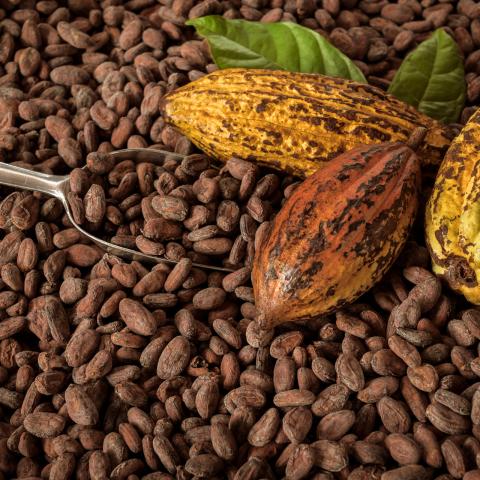
Eco-friendly processing
Environmental Policy
Fuji Oil Europe applies an extensive environmental policy focusing on the following pillars:
- Continuously investing in the best available technologies (BAT), equipment and infrastructure with a particular focus on minimizing environmental impact (soil, air and water) and the prevention of pollution.
- Efficient use of renewable raw materials and other resources.
- A focus on increasing the energy efficiency of production processes and use of renewable energy.
- Reduction of the water consumption and the optimization of the water management in the different processes, including the reuse of processed waste water.
- Constant attempts to reduce solid waste and the optimization of the application of these waste streams.
- Monitoring and evaluation of environmental performance as the basis for further improvement.
Environment
Energy and emissions Management: Reduction of direct CO2 emissions as a result of energy-saving efforts by reducing natural gas consumption.
Water Management: Reduced use of cooling water as a result of our energy saving program. Production of our own city water. Use of a high performance aerobic waste water treatment system and the re use of effluent waste water as cooling water.
Waste management: Recycling where possible (metals, cardboard & paper, plastic…). Main waste streams (>98%) used as biomass for green energy.
Best Available Technologies (BAT)
All processes are operated according to BREF FDM 2006 - Reference document on Best Available Techniques in the Food, Drink and Milk industries.
Deodorizers: Application of ice condensing as BAT.
Storage tanks: Stainless steel tanks, warm water heating with energy recovery, stirrer and nitrogen blanketing.
Heat recovery: Heat that is recovered from production is used to heat the automatic warehouse with the packaging line.
Corporate Social Responsibility (CSR) Platforms
SEDEX
Sedex is used to manage our performance on labour rights, health & safety, the environment and business ethics.
We are a member since 2010 and carry out regular updates of our self-assessments and inspection audits.
ECOVADIS
EcoVadis operates a collaborative platform providing sustainability ratings for global supply chains.
We are a member since 2016 and received the Gold medal in 2021 and 2022.


